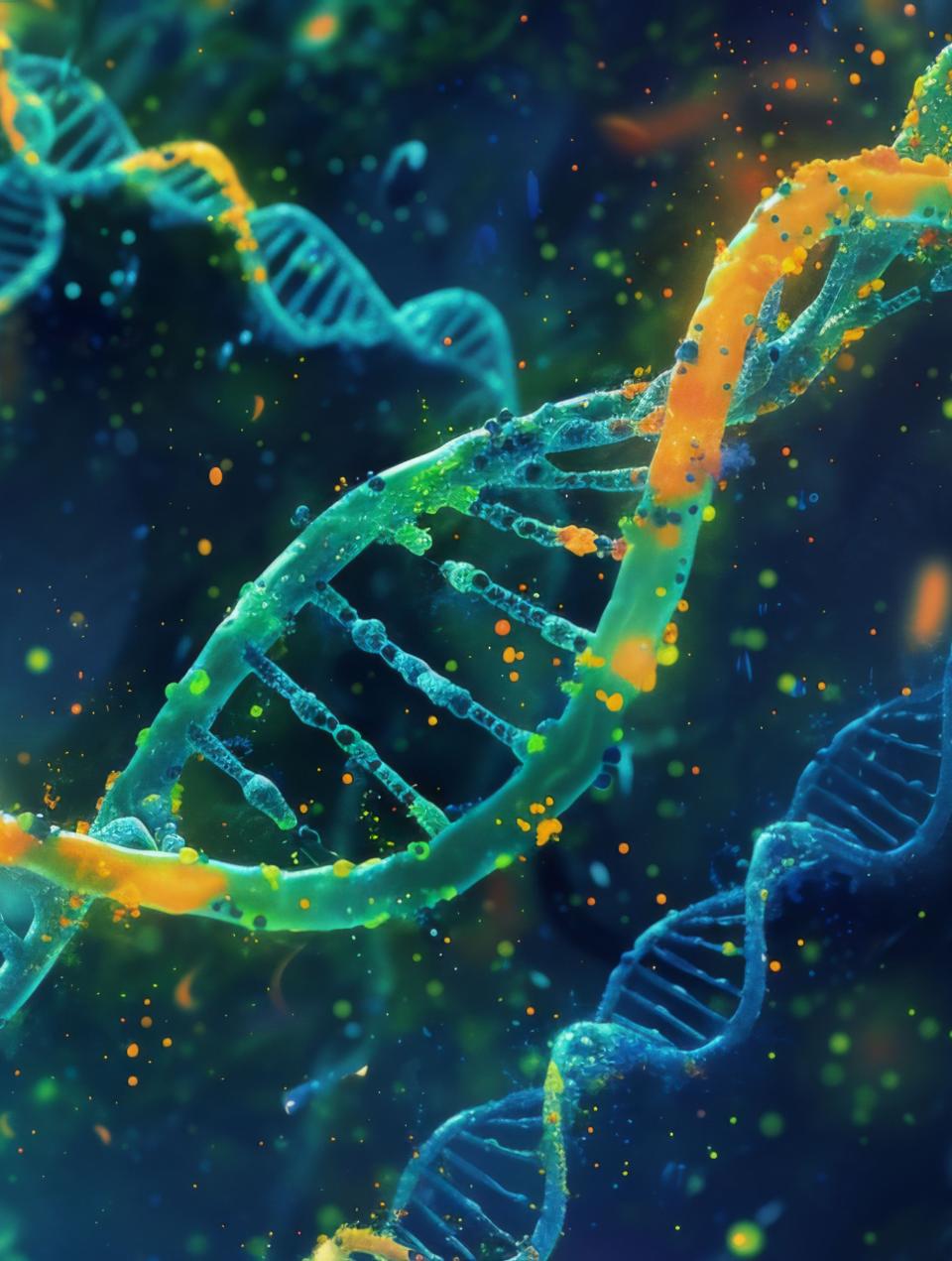-
Date:
04 Apr 2025
-
Location:
FCiências.ID Amphitheatre, Ciências ULisboa & Online
-
Duration:
1h
-
Schedule:
11h00 (Lisbon time)
-
Lecturer or Responsible:
Stéphanie Bedhomme, Researcher at the Centre d'Ecologie Fonctionnelle et Evolutive, CNRS

Online access • LINK
Password • e3talk
In the first part of this seminar, I will present experimental data on the fitness effects of synonymous, non-synonymous and regulatory effects across an environmental gradient. The fact that synonymous mutations are not all and not always silent and neutral is now accepted. However, the distribution of fitness effect (DFE) of synonymous mutations has rarely been characterized and compared to the DFE of other mutation types such as non-synonymous and regulatory mutations. We have tackled this comparison by generating all the mutants at one mutational step in an antibiotic resistance gene and its regulatory region. The fitness of each of these mutants was then measured across an antibiotic concentration gradient by bulk competition and deep sequencing. This experimental approach revealed that synonymous, non-synonymous and regulatory mutations have similar DFEs in the absence of antibiotic but different ones in the presence of it, as synonymous mutations effects are less environment-dependent than non-synonymous and regulatory mutations effects. “Mechanisitic” explanations to the fitness effects of all categories of mutations were then looked for with the goal to establish to what extent mutational effect can be predicted.
In the second part of the seminar, I will present experimental and field work data on microplastics as potential vectors of pathogenic bacteria. Plastic pollution is a huge environmental problem and part of this pollution is in the form of microplastics (MP) resulting from plastic degradation. These MPs can have direct effects on the human health, either directly or indirectly through the biofilm forming on them in aquatic environments, which can contain animal or human pathogens. We have explored this risk both by analysing the factors determining the adherence of a fish pathogen, Vibrio anguillarum, to MPs and the factors determining the composition of the bacterial communities associated to MPs in marine environments.

Stéphanie Bedhomme
Researcher at Centre d'Ecologie Fonctionnelle et Evolutive, CNRS, France

